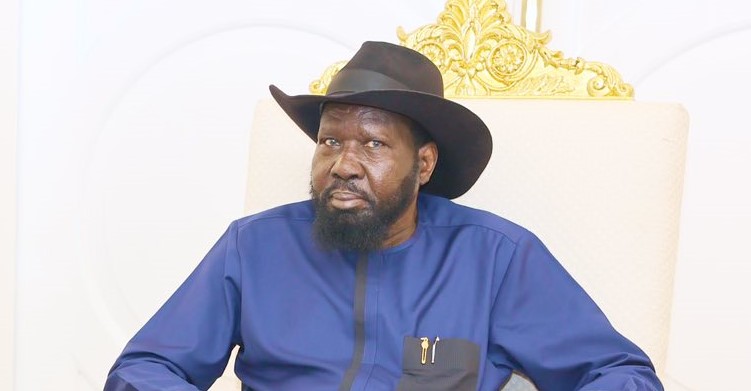South Sudanese President Salva Kiir declared a six-month state of emergency in parts of the country Thursday following intensified intercommunal violence.
In South Sudan, the declaration of a state of emergency is governed by the Transitional Constitution. The president can declare an emergency, but the measure must be submitted to the National Legislature for approval within 15 days.
It remains unclear whether the transitional legislative assembly, which is on a long recess, will approve the decision.
The declaration is expected to restrict civilians’ movement in the two areas.
Kiir announced the measure in a decree read on the state-run SSBC during its evening news broadcast, placing Mayom county in Unity state and Warrap state under lockdown.
Last week, several civilians were killed in Tonj East County of Warrap state, where intercommunal clashes have escalated. Mayom has also seen local youth crossing into neighboring Warrap state to raid cattle.
This is not Kiir’s first state of emergency in parts of Warrap due to insecurity. In July 2017, he imposed a similar measure in Gogrial and parts of Tonj.
Military airplanes launched airstrikes Thursday morning to deter violence linked to cattle raiding between the Gogrial region and Mayom county.
Human rights activist Ter Manyang Gatwech criticized the move, telling Radio Tamazuj that another emergency in Mayom county and Warrap state would not resolve insecurity, especially since the Greater Upper Nile region’s 2013 emergency decree remains in effect.
“This approach will not resolve the insecurity in these areas. A more effective solution would be to implement Chapter Two of the Revitalized Agreement on the Resolution of the Conflict in South Sudan to deploy unified forces to maintain security,” he said.
Manyang urged accelerating the deployment of the National Unified Forces, particularly in high-conflict zones like Mayom and Warrap.
“We should enhance logistical and political support for implementing Chapter Two, involving international partners as needed. Engaging local communities and traditional leaders in peacebuilding is essential. Instead of militarizing civilian life, we should promote dialogue, justice and the rule of law,” he said.
He also stressed monitoring deployed forces to ensure professionalism.
Meanwhile, civil society activist Edmund Yakani supported the emergency declaration for Warrap state to curb deadly violence in Tonj East.
“It is getting worse and deadly, and authorities seem silent. This is a sound preventive measure to reduce armed violence in Tonj East. But the president should discipline political elites fueling the violence,” he said.
“The cycle of violence in Warrap state and other areas is politically motivated. In Mayom county, the emergency is linked to fears over the situation in Tonj East,” he added.




